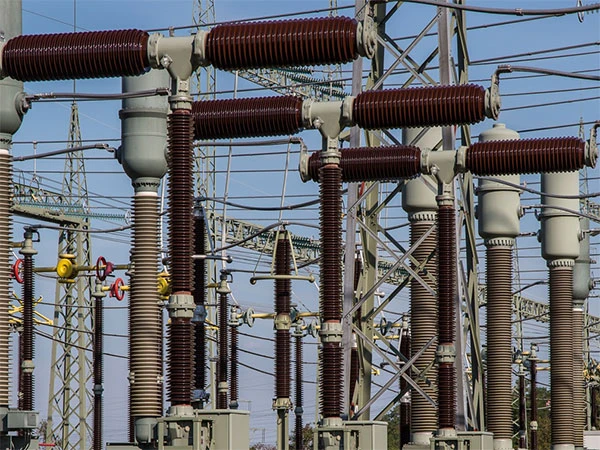
India's power demand growth to slow in FY23: Fitch Ratings
New Delhi [India], December 20 (ANI): Fitch Ratings expects India's power demand to be about 8 per cent in the financial year ending March 2023 ( FY23 ), against 8.2 per cent in FY22 .
Fitch said it expects the average thermal power plant load factor (PLF) to remain above 60 per cent (H1FY23: 64.5 per cent), supported by power demand and improved local coal supply.
Distribution companies (discoms) have started paying overdue amounts to generation companies (gencos) after the government imposed a late payment surcharge (LPS), Fitch said, adding that discoms' total outstanding dues to gencos have been above Rs 1 trillion since September 2020.
According to the report, the government expects discoms to clear all dues by 2026. Fitch expects the receivable days of ReNew Power Pvt Ltd (BB-/Stable) and Greenko Energy Holdings (BB/Negative) to fall in FY23 to 280 and 160 days, respectively, from 339 and 256 days in FY22. Both are highly exposed to Andhra Pradesh discoms, which have significantly delayed payments to renewable gencos. Receivable days represent the number of days (credit period) that customers take to settle their dues to the company.
The two companies said the discoms have started making payments under the LPS rules. Under the LPS rule, the government gives a one-time exception to all discoms in which the surcharge will not apply after the notification date, which limits the rise in dues, according to the Fitch report.
Fitch expects renewable capacity addition to soften in H2FY23 (8.2 megawatt in H1FY23) with some capacity deferred due to current high commodity prices, higher import duties and supply chain issues. Solar continued to lead the capacity additions with 6.8 megawatt in H1FY23.
The central government aims to generate 50 per cent of India's electricity from renewable sources (including hydro power) by 2030 (7MFY23: 29 per cent, FY22: 24 per cent), according to the report. The government plans to achieve its target through Green OA, the success of which depends on timely and effective implementation of rules by state power regulators. (ANI)
